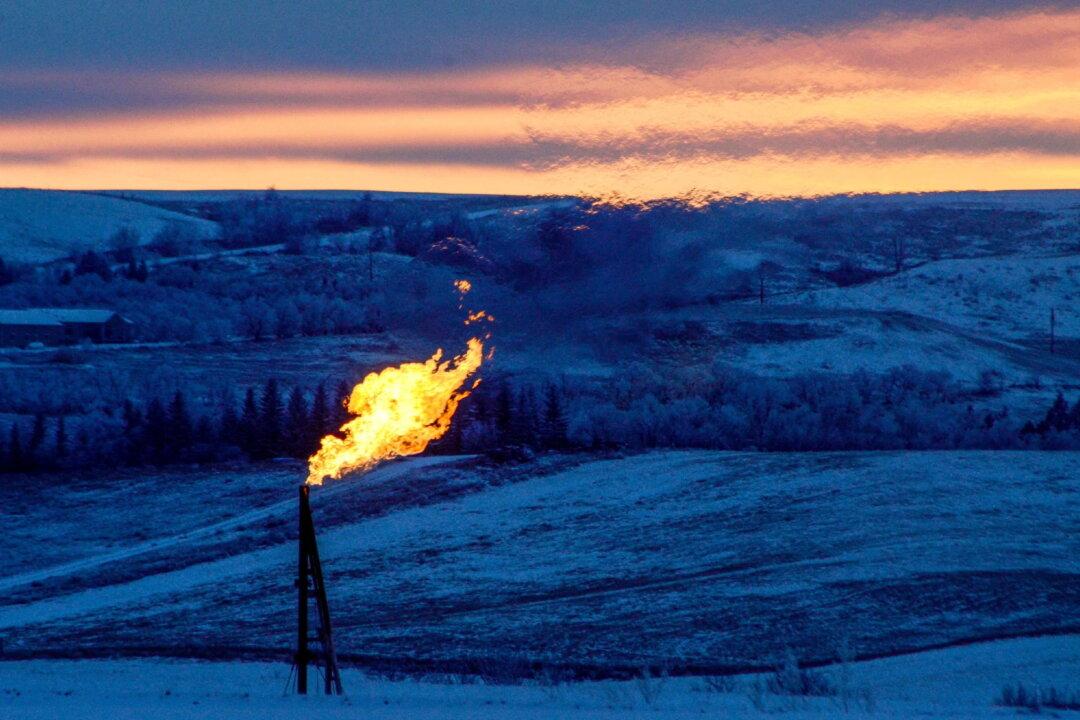The Bureau of Land Management (BLM) proposed on Nov. 28 a new methane venting and flaring rule for federal and tribal lands, drawing opposition from Republicans who say that last year’s infrastructure law would let the Biden administration reduce the waste of natural gas by other means.
BLM, which falls under the Department of the Interior, projects that their new rule for oil and gas operations would yield $39.8 million in new royalties.





